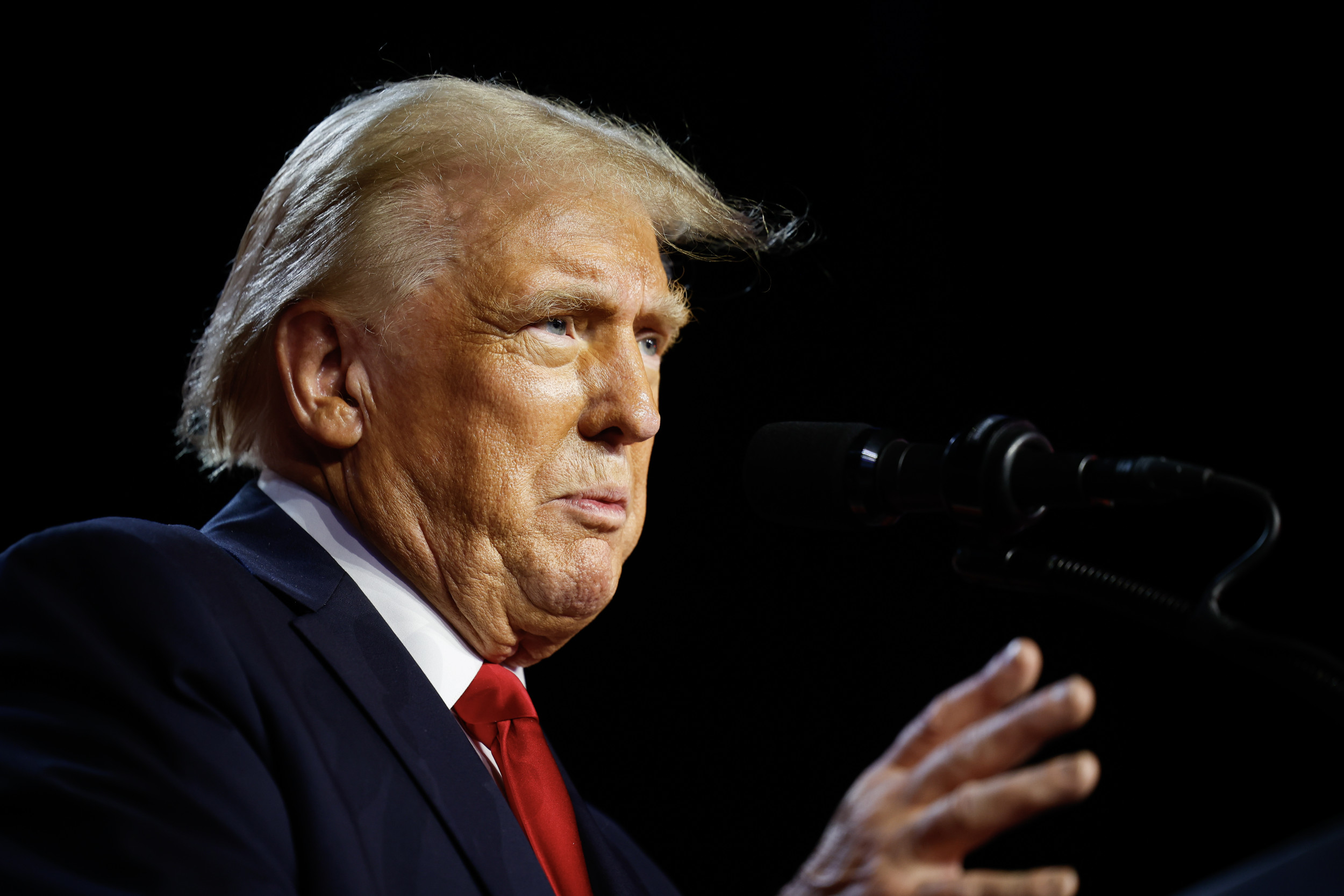
As President-elect Donald Trump‘s second administration continues to take shape, speculation swirls over who could serve as the next secretary of education, a position that might play a crucial role in carrying out one of Trump’s biggest campaign promises.
There are no clear front-runners for Trump’s selection. Policy experts have floated the names of several state superintendents that have aligned with the GOP’s culture war battles, such as banning literature that opponents claim introduces students to inappropriate topics.
Trump vowed to end the Department of Education (DOE) during his bid for a second term in the White House and has doubled down on his plans since his victory over Vice President Kamala Harris, saying in a video message this week that he plans to dismantle the Education Department “very early” into his second administration.
Who’s in the Running to Be Trump’s Secretary of Education?
According to a report from Inside Higher Ed, experts predict that Oklahoma State Superintendent Ryan Walters and Louisiana State Superintendent Cade Brumley may be on Trump’s shortlist for his next education secretary.
Walters has carved a national reputation in recent years. In the summer, his office mandated that all public schools teach the Bible in classrooms, an initiative that has been met with immense legal pushback.
Brumley’s office has been part of a similar initiative in Louisiana to require that the Ten Commandments be displayed in all public classrooms—a federal judge ruled last week that the mandate was unconstitutional and ordered state education officials to not take any steps to enforce the measures.
Other names in the running for education secretary could include Tiffany Justice, cofounder of conservative group Moms for Liberty that has led initiatives to ban certain books from classrooms and school libraries across the country. Experts who spoke with Insider Higher Ed also noted Christopher Rufo, a board member at New College of Florida and a Manhattan Institute for Policy Research senior fellow.
Chip Somodevilla/Getty Images
Trump’s first education secretary, Betsy DeVos, has also expressed interest in returning to her position. An advocate for school choice, DeVos had set out to limit the DOE’s bureaucracy while in her post. She resigned on January 7, 2021, however, following the attack on the U.S. Capitol.
“I have been really clear about what I think needs to be the agenda, which is to get the federal tax credit passed and to de-power the Department of Education,” DeVos told EducationWeek in a report published last week. “If President-elect Trump wanted to talk to me, I would be very open to talking.”
What Does Project 2025 Say About the Department of Education?
Shutting down the DOE was one of the key components of the controversial Project 2025, a 900-page policy proposal crafted by The Heritage Foundation. Trump has claimed on numerous occasions that he has “nothing to do” with the document.
Project 2025 hopes to reduce the role of the federal government in education and instead allow officials at the state level to set their own curricula. The document also states that it wants to boost a “diverse set of school options” for parents to choose for their students.
Project 2025 also suggests that the responsibilities of the DOE should get redirected to other federal agencies. For example, the Justice Department would take on any civil rights violations in schools, the Treasury would handle student loan matters and the Department of Health and Human Services would pick up the rest.
Will Trump Shut Down the US Department of Education?
It’s unlikely that Trump will be able to shut down the DOE. Doing so would require a Senate supermajority of 60 votes. Republicans took control of the upper chamber of Congress but only hold 53 seats, while Democrats and independents make up the other 47. Senate Republicans are also highly unlikely to abolish the filibuster.
Eliminating the DOE could also send shock waves to millions of Americans by impacting student loan plans and striking funding for school districts that rely most on federal grants. It could also hurt students in low-income schools and those in special-education programs.
